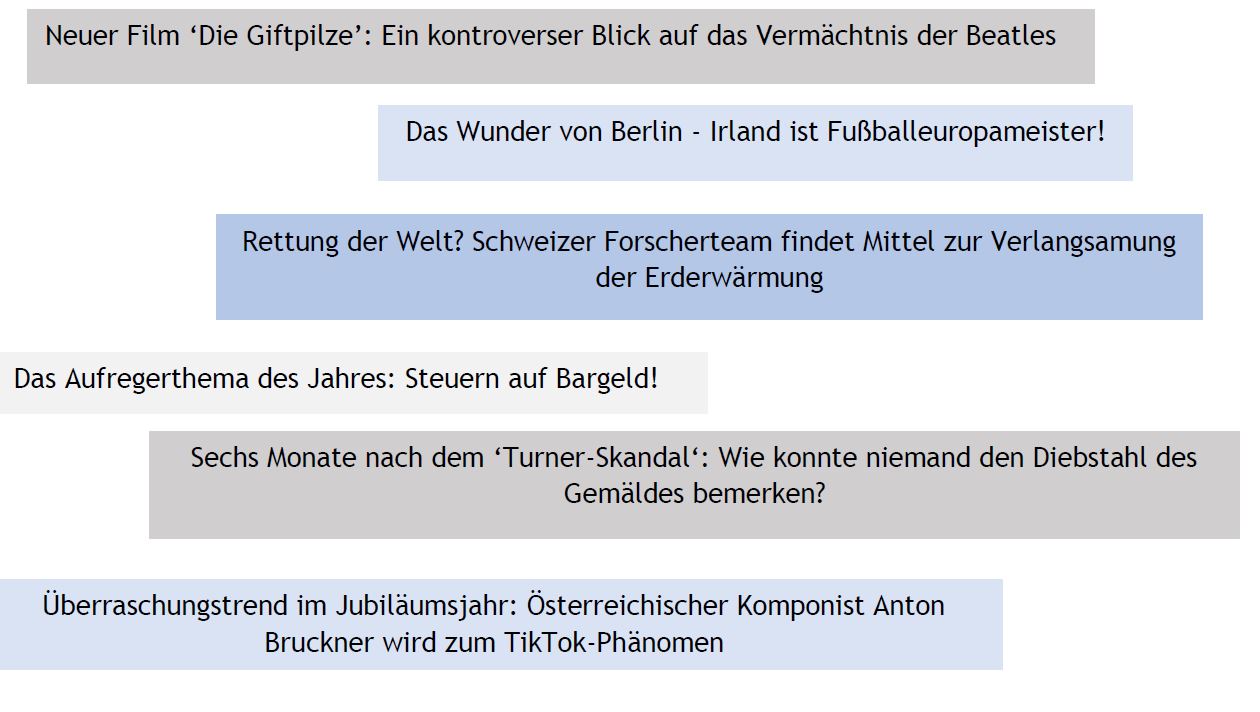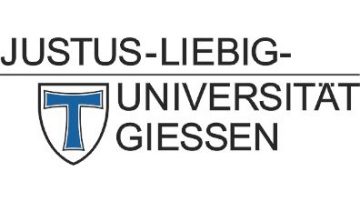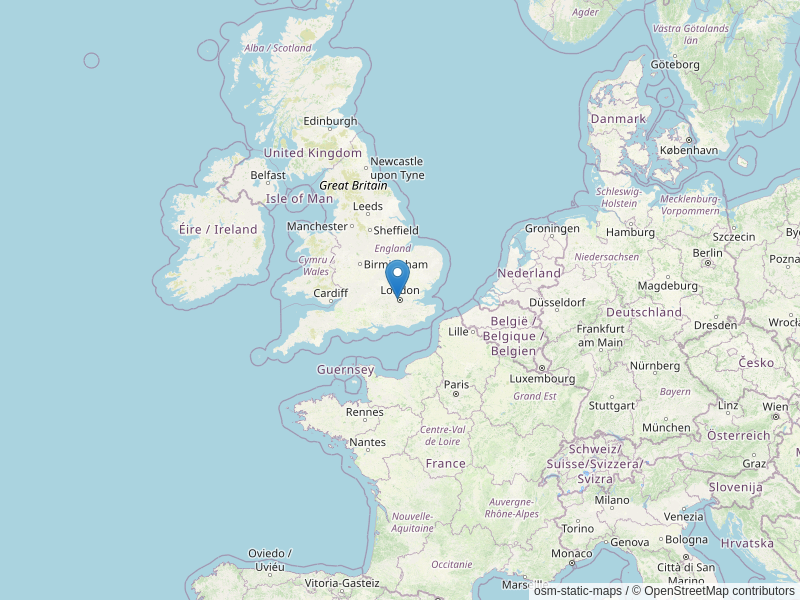DAAD/ILCS German Language Competition 2024

BREAKING NEWS: Calling all learners and lovers of German! This year, we invite you to put together the front page of a fictional newspaper in the German-speaking world. The catch: you are writing the final edition of 2024 and must select the most important stories of a year that has not yet finished.
Who knows what the year might bring? How is our understanding of events influenced by the way they are reported? By writing two or three short articles from different categories, you have complete freedom to imagine how the year might unfold and bring your unique voice and perspective to the reporting.
All winning entrants will be invited to a day in London, where they will have the chance to take part in a journalism workshop and award ceremony with other German learners.
N.B.: The competition is open to learners and lovers of German of ALL levels! Our jury members will be considering entries in several categories of language experience to ensure a fair assessment.

Das war 2024: You are a reporter at a broadsheet newspaper in the German-speaking world. Your editor has asked you to prepare a front page for the last edition of 2024, looking back at the key events in the year. Follow the steps below to build your front page:
1. Plan. Consider your stories. You might start by choosing two or three current topics which interest you and imagining how they could develop by the end of the year. Or perhaps you want to think about what would be the most surprising or interesting turns that the news might take. What about considering the major events and anniversaries coming up in the year? Your articles must come under these headings:
| Kunst und Kultur | Klima und Natur | Lifestyle |
| Geschichte | Wissenschaft und Technologie | Sport |
| Wirtschaft | Bildung | Gesundheit |
2. Write. You need to write three articles (school pupils: two articles). The whole page should contain no more than 600 words in total (school pupils: 400 words in total). This word count includes articles, title, headlines, subheadings, and a picture caption. Look at the teaching and learning material and inspiration pack at the bottom of this page for ideas of different writing formats – maybe including a short interview, or a review on your front page would add interest? You will also find a glossary with vocabulary you can use to convey the paper’s tone.
3. Design. Once you have your text, it is time to give your paper an identity. Choose one of the three template options below. Your newspaper needs a name, and each article needs an eye-catching headline and potentially a sub-headline. Add the date (31.12.24) and a picture (following the guidelines under ‘Terms and Conditions’).
Templates
-
GLC 24 – Template 1 for your Title Page [DOCX, 25.85kb]
-
GLC 24 – Template 1 Sample [PDF, 122.65kb]
-
GLC 24 – Template 2 for your Title Page [DOCX, 25.93kb]
-
GLC 24 – Template 2 Sample [PDF, 121.90kb]
-
GLC 24 – Template 3 for your Title Page (School Participants ONLY) [DOCX, 25.79kb]
-
GLC 24 – Template 3 Sample (School Participants ONLY) [PDF, 120.32kb]
Submissions for the 2024 competition are now closed and entries are being reviewed by our jury.
After entering your personal details, you will be asked to upload your competition entry as a Word file. Please be aware that only participants living in the UK and Ireland are eligible to take part in the competition.
Feel free to contact events.london@daad.de if you have any questions.
To be eligible, entrants must submit:
- a front page of German text of no more than 600 words, which contains three articles (school pupils: two articles with maximum 400 words) with headlines and potentially subheadings, under the categories given above
- a catchy newspaper title, and
- a picture which is not copyright protected, e.g. self-captured photos, original illustrations or drawings, or images with a Creative Commons Zero (CC0) license.
Entrants can be learners and speakers of any age and any level of German language. They must reside within the UK or Ireland.
The same brief applies for school pupils, but they are asked to write only two articles. Their front page should contain no more than 400 words in total. This word count includes articles, title, headlines, subheadings, and a picture caption.
In order to facilitate the integration of the competition into German classes at schools and universities, we have prepared exercises related to journalism that can be used at all levels. All exercises can also be completed as self-study activities.
You will also find a document with background information and recommendations that will help participants familiarise themselves with the theme of the competition.
Teaching and Learning Material
An independent jury of academics and German language experts will decide on the winners in each category. Winners will be announced at the prize ceremony in London.
There will also be the chance to vote for the ‘Publikumsliebling’, the audience favourite, once the winning submissions have been published online.
Juding Panel 2024:
Stephan Ehrig is a Lecturer in German at the University of Glasgow. He researches German literature around 1800 (especially Heinrich von Kleist), contemporary streaming TV, engages with interdisciplinary approaches to East German culture (literature, theatre, film, architecture) but is also interested in how German culture generally can be re-located within transnational and ‘de-colonised’ approaches to the study of Modern Languages.
Paul Hoegger is co-ordinator and teacher of German at the Cambridge University Language Centre and Affiliated Lecturer at the Faculty of Modern and Medieval Languages and Linguistics of the University of Cambridge. He is also Director of Studies for Modern Languages at Fitzwilliam College Cambridge and teaches literary seminars at the Institute of Continuing Education of the University (Madingley Hall).
René Koglbauer is Dean of Lifelong Learning and Professional Practice and Professor of Professional Learning and Leadership at Newcastle University. René is the chair of the Board of Trustees of the Association for Language Learning and has previously been its president. René is the UK representative to the International German Teacher Association and the Austrian Agency for Education and Internationalisation.
Duncan Large is Professor of European Literature and Translation at the University of East Anglia in Norwich and Executive Director of the British Centre for Literary Translation. Till 2014 he was Professor of German and Head of the Department of Languages, Translation and Communication at Swansea University.
Joanne Leal is a Professor in German at Birkbeck, University of London, where she is also Pro Vice Chancellor Academic Projects. She teaches and researches in the areas of twentieth and twenty-first century literature and film and has a particular interest in gender and sexuality and the representation of significant social issues, including migration and social exclusion.
Maria Roca Lizarazu is Assistant Professor in German at the University of Cambridge. Her research focuses on 20th and 21st century German-language literature and culture, with a focus on cultural production by and about minorities (esp. German Jewish) as well as cultural engagements with (post-)migration, transnationalism, and citizenship. Maria also has an interest in critical practices of memory- and future-making that draw on creative, arts-based approaches, especially in the context of violent pasts and presents. She is the author of Renegotiating Postmemory. The Holocaust in Contemporary German-language Jewish Literature (Camden House, 2020).
Pauline Wick is a Project Coordinator for the Gimagine project at the Goethe-Institut London. She is responsible for a range of different motivational programmes for young German learners in the UK. Pauline previously worked as a commercial and theatre translator for German, English and Spanish.
Andrea Wilczynski is Head of the School of Modern Languages at Newcastle University. She has been a longstanding member of the School’s German Section where she currently teaches Interpreting and German language to final year students. She is a Senior Fellow of the Higher Education Academy.
All winners will be invited to a journalism workshop and prize ceremony, with an overnight stay in London for those coming from outside of London! This will take place in October 2024.
Further prizes include a German language course with the Goethe Institut London for the Publikumsliebling, newspaper/magazine subscriptions, a take-home and custom-designed newspaper of all winning entries, books, and other surprise gifts.
We thank the following organisations for their continuing generous support:






